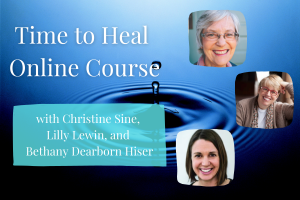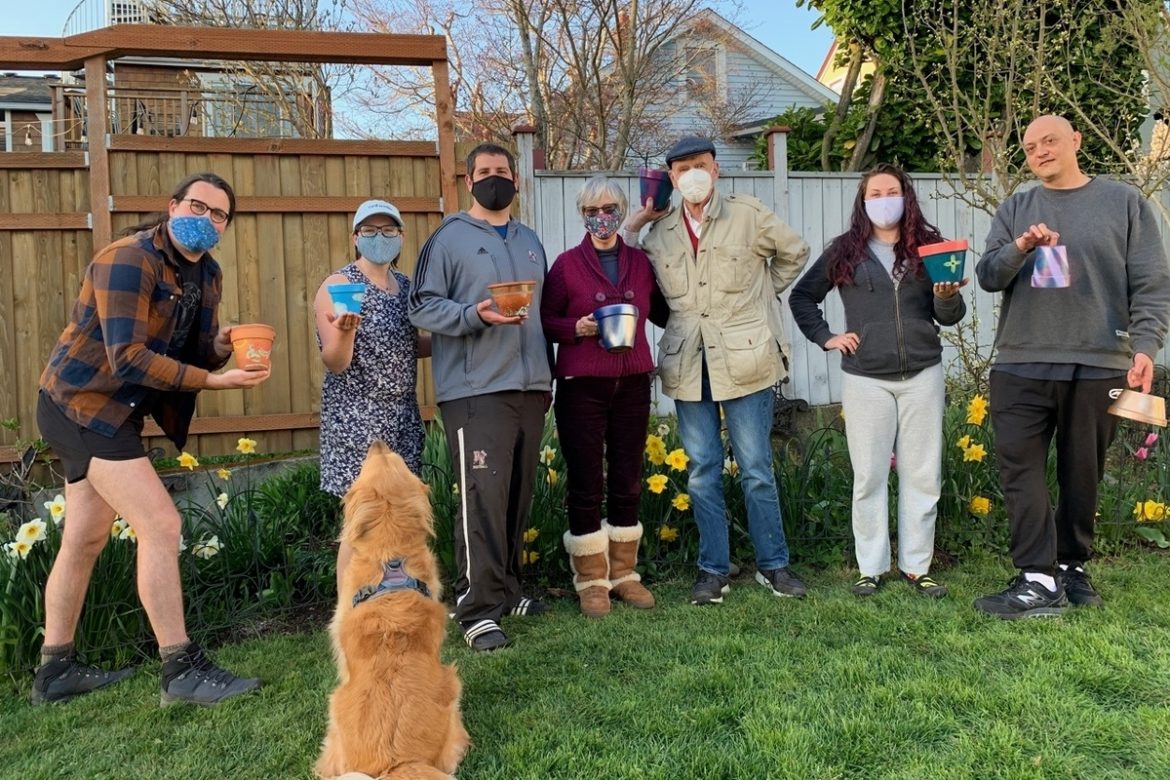by Tom Sine,
In my last post, I celebrated the reality that all churches love their young people. However, I also confirmed the fact that Pew Research’s prediction a decade ago is coming to pass in most churches in the US… a high percentage of both Gen Y (ages 25 to 40) and Gen Z (ages 9 to 24) are choosing not to affiliate with churches.
As many of us are slowly returning to our sanctuaries this summer, many congregations are disappointed to discover a concerning reduction in the number of returning members. Many more are disappointed that they are seeing virtually no Gen Next young people as well.
I want to emphasize again the very good news about Gen Y & Z that few church leaders seem to be aware of. Since the young people in these two generations are the first two digital generations, they are much more aware of the issues of environmental, racial, and economic justice and a high percentage of them really want to make a difference.
The very good news is that a high percentage of the Gen Next in most of our neighborhoods would value connecting to those in your congregation who are working in neighborhood change-making. Many of these young people would value being asked about their ideas for ways to make a difference in your community. Do consider finding ways to empower these young people to launch their most promising ideas.
However, we urge those who want to enable Gen Next to invest their lives in serious change-making to explore a broader range of housing options to help them more successfully launch their lives and their change-making ventures.
Many young people in middle-class families have been raised to expect to buy a house 20% nicer than their parent’s house with closets the size of small bedrooms. Many parents and others in our churches, who want the best for their young people, don’t realize, in many housing markets, that dream is no longer economically feasible. Young people who pursue housing that is too expensive could wind up not being able to save enough to send their own children to college.
The Atlantic explains that Gen Y, the millennial generation, got hammered by the 2008 -2009 recession. The average school debt was $33,000 and they had difficulty finding work as that recession ended.
Young people today, who pursue a four-year degree are being saddled with much higher school debt than prior generations. First of all, many of the families of the Gen Next young have been hammered by the pandemic recession. Numbers of their parents have lost their jobs. So there may not be money for college tuition let alone money for a down payment on a home. Reportedly, many Gen Z students average school debt is $37,000 and a growing number are sleeping in their cars because they can’t afford to pay for dormitories.
“Many Gen Zers appear to reject the traditional values of the Boomer generation. For example, Gen Z is less likely to value buying a home…”. “Gen Z is also highly motivated by affordability.” This article by a real estate magazine added co-living could be a desirable option for Gen Z. “Co-living may appeal to the convenience and affordability motivators for Gen Z.”
Co-housing is a rapidly growing movement in the US today because it significantly reduces costs for renters and buyers and it also increases relationships which many in emerging generations value. For the Gen Y & Z young innovators that want to invest their lives in serious programs to help empower neighbors, it could be a very smart choice. Clearly, if they can reduce their living costs they will have more time and resources to invest in serious change-making.
There may well be older members of your church that would prefer creating an intergenerational housing option with young innovators. Imagine you were investing your lives in creating social innovation projects designed to empower people who are attempting to find a way to move from languishing in the pandemic recession to become self-reliant.
In fact, I suspect that there are denominational leaders that could imagine repurposing church properties to create intergenerational co-living communities. These new co-living communities could not only create new forms of shared housing that would provide reduce costs for both those young launching their lives and change-making ventures and seniors that could offer support for the young innovators in the turbulent 2020s. If this stirs your interest, email me.
Let’s all create innovative ways to move pandemic languishing to intergenerational flourishing in this decade of accelerating change that reflects the ways of Jesus!
Christine and I are not just advocates for intergenerational living. We purchased an older home here in Seattle over 25 years ago that has three separate flats that is idea for intergenerational living which we call the Mustard Seed House.
We invite young Christians to join us for this opportunity to try out intergenerational living. We offer them reduced rent, share a meal once a week where we share what is happening in our lives, and have a time of prayer together.
Christine and I are always grateful for what we learn from the younger members of the Mustard Seed House. We enjoy gardening together and entertaining friends.
Above is a picture of us painting pots together to get ready for planting some colorful summer flowers. Christine and I are in the center. We enjoy growing and sharing everything from strawberries to tomatoes. We encourage Christians of all ages to consider intergenerational living to help a new gen launch their lives in the turbulent 2020s!
Adapted from the original post on NewChangeMakers.com.
Embark on this healing journey with Christine Sine, Lilly Lewin, and Bethany Dearborn Hiser with the Time to Heal Online Course. Each session is lead by one of our instructors and allows you 180 days of access for only $39.99. The goal of this course is to provide time, space, and tools to work toward healing.


